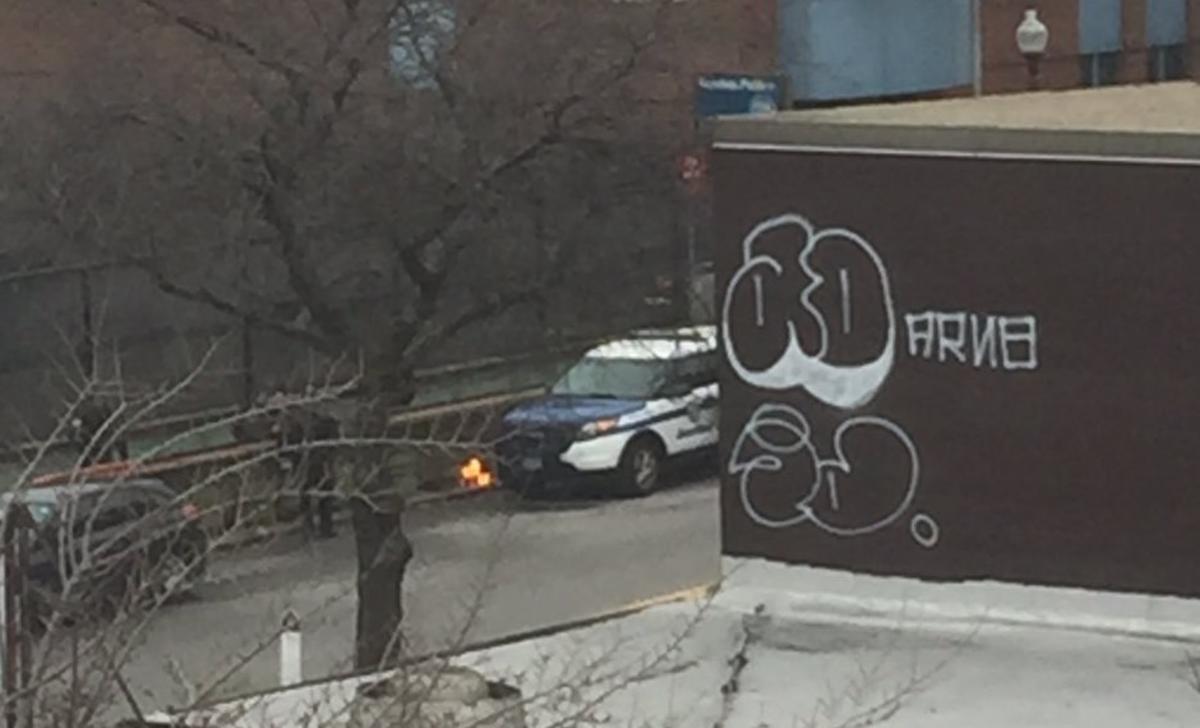As I speak with voters across South Boston, I hear about two pressing issues most consistently: development and gentrification. With housing prices soaring, so many people who have called Southie their home for generations are faced with the stark reality that they cannot afford to stay. And I know this first-hand: I faced the same challenge, and as a young man was forced to look for affordable housing options that simply didn’t exist for me.
Development in Boston has taken off at a startling—and disproportionate—rate. According to the Boston Foundation, the City of Boston represents less than 1% of the region’s land area, but in recent years has produced 36% of its building permits for new housing units. In the same period of time, the number of units permitted in the cities and towns around Boston has declined by 7%. Meanwhile, 1.7 million square feet of new construction has been permitted in South Boston in the past five years, not including the Waterfront.
My family has lived in South Boston for generations. This is where my wife Katrina and I have chosen to raise our son, and I’m proud to be part of this community. As your State Representative, I will stand up for families like yours and mine who are at risk of being forced out of this neighborhood.
Development is the sign of a strong economy, but we cannot ignore its adverse impacts—it’s not wrong to want to preserve the small amount of open space we have! To strike the right balance, I believe we need to take a regional approach to tackling the housing crisis. Our legislators need to help developers look beyond the cranes that we already see in our backyards.
Building more in South Boston will help to bring down the region’s average housing cost, but it won’t necessarily bring down housing costs in Southie. And for families like mine who want to put down roots in their hometown, that’s not good enough. We need much more housing in the Boston region, and real estate development that’s done in a reasonable way—with genuine community participation—still has a place in our neighborhood. But to preserve our quality of life, we need to approach the issue deliberately. That means not letting developers dictate our housing policy.













